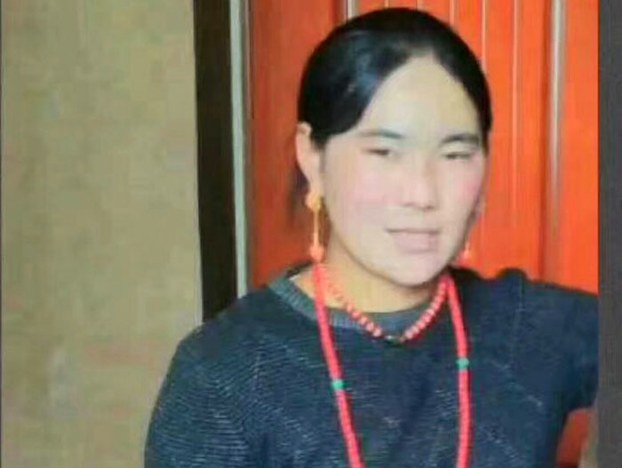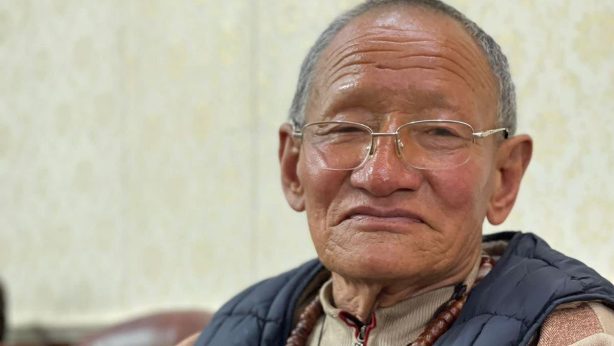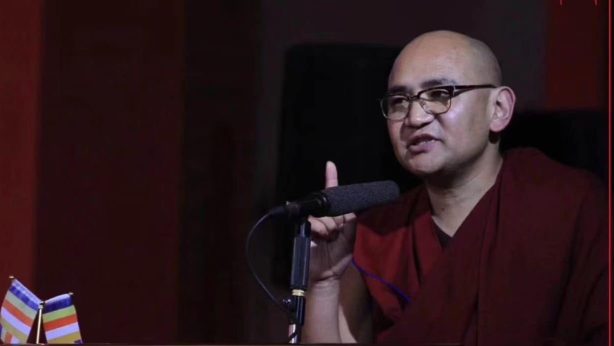Solitary Tibetan protests continue in Ngaba to commemorate ‘16 March Massacre’
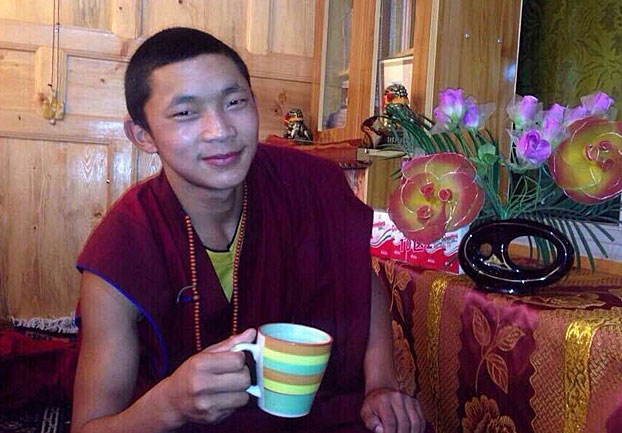
Last week, Chinese authorities detained two Tibetans – a monk and a laywoman- for staging solitary protests to mark the ninth anniversary of ‘16 March Massacre’ in Ngaba (Ch: Aba) County in Ngaba Tibetan and Qiang Autonomous Prefecture, Sichuan Province, in the Tibetan province of Amdo.
Lobsang Dhargyal, a monk from the local Kirti Monastery, was detained soon after he staged a solo protest on the main road of the County town, known to the locals as ‘Martyr’s Road’ on 16 March. Exile Tibetan sources reported that the monk shouted slogans calling for Tibetan freedom and the return of His Holiness the Dalai Lama to Tibet. He was easily overpowered by the huge posse of security officers deployed in the area to keep order during the sensitive month.
Before he staged the protest, Dhargyal reportedly wrote an appeal on his social media account “not to forget 3.16” alluding to the anniversary of the 16 March massacre in Ngaba.
Due to communication blockage and heightened surveillance, it took sometime for the news about the protest to reach the outside world. Less than a week after the protest, not much is known about the monk except that he is son of Mr Gonpo and Mrs Sonam Kyi of Upper Charu Township in Ngaba County. He is currently being held in an undisclosed location without the knowledge of his family members.
Some exile Tibetan sources have reported on social media that there was another unidentified monk, also from Kirti Monastery, who protested alongside Lobsang Dhargyal but there are no details on the other monk.
On 18 March, a Tibetan mother of two staged a similar protest at the ‘Martyr’s Road’ but was immediately taken into custody by the local police. Dukpe, a janitor in charge of cleaning the ground near a Buddha statue in front of Kirti Monastery, protested the severe restrictions imposed by the Chinese government. Her current whereabouts remain unknown. A native of Raru Township in Ngaba County, Dukpe is married to Mr Sonam. Her parents are Mr Ngagchung and Mrs Palkyi.
The first known solo protest this year was carried out on 25 February by a Tibetan monk named Lobsang Tsultrim on the main road of Ngaba County town. Tsultrim, a monk from Kirti Monastery carried a portrait of the Dalai Lama and raised slogans calling for freedom and return of the Dalai Lama. He was immediately overpowered by two police officers and taken away to an undisclosed location.
A video of Tsultrim’s protest that became available on social media shows the monk walking with his back toward the camera, carrying a raised portrait of the Dalai Lama. An unidentified Tibetan woman who took the video has also been detained.
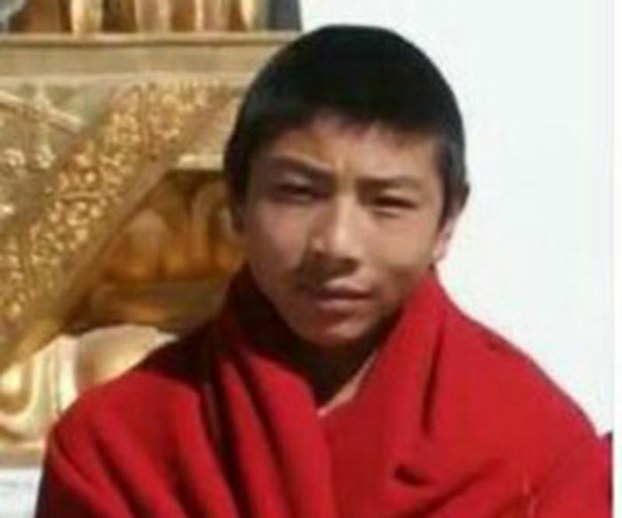
On 16 March 2008, monks of Kirti Monastery staged a peaceful protest carrying the banned Tibetan national flag, later joined by other laypersons shouting slogans. Within moments, Chinese armed police burst into the monastery campus and used tear gas on the protesters, while also blocking them from marching out of the monastery premises. Hundreds of people were injured in the incident following the security forces’ crackdown. Fifteen dead bodies were brought into Kirti Monastery. The bodies were brought in from the protest scene. The images of dead bodies soaked in blood, riddled with bullets and in some with internal organs protruding out were splashed across the media as evidence of use of lethal force on the protesters.
The failure to launch official investigation into the death of Tibetans resulting from indiscriminate firing by the security forces into a crowd of largely peaceful demonstrators in Ngaba, Kardze and Lhasa during the 2008 uprising has been highlighted by the UN Committee Against Torture in its observations. In its concluding observations, the Committee demanded that China “should conduct a thorough and independent inquiry into the reported use of excessive force, including against peaceful demonstrators and notably monks, in Kardze county, Ngaba county and Lhasa.” Again in December 2015, in its concluding observations on the PRC’s fifth periodic review, the Committee criticised the PRC for failing to provide information about 24 of 26 Tibetan cases that the Committee asked specifically asked the PRC about during the previous review.


